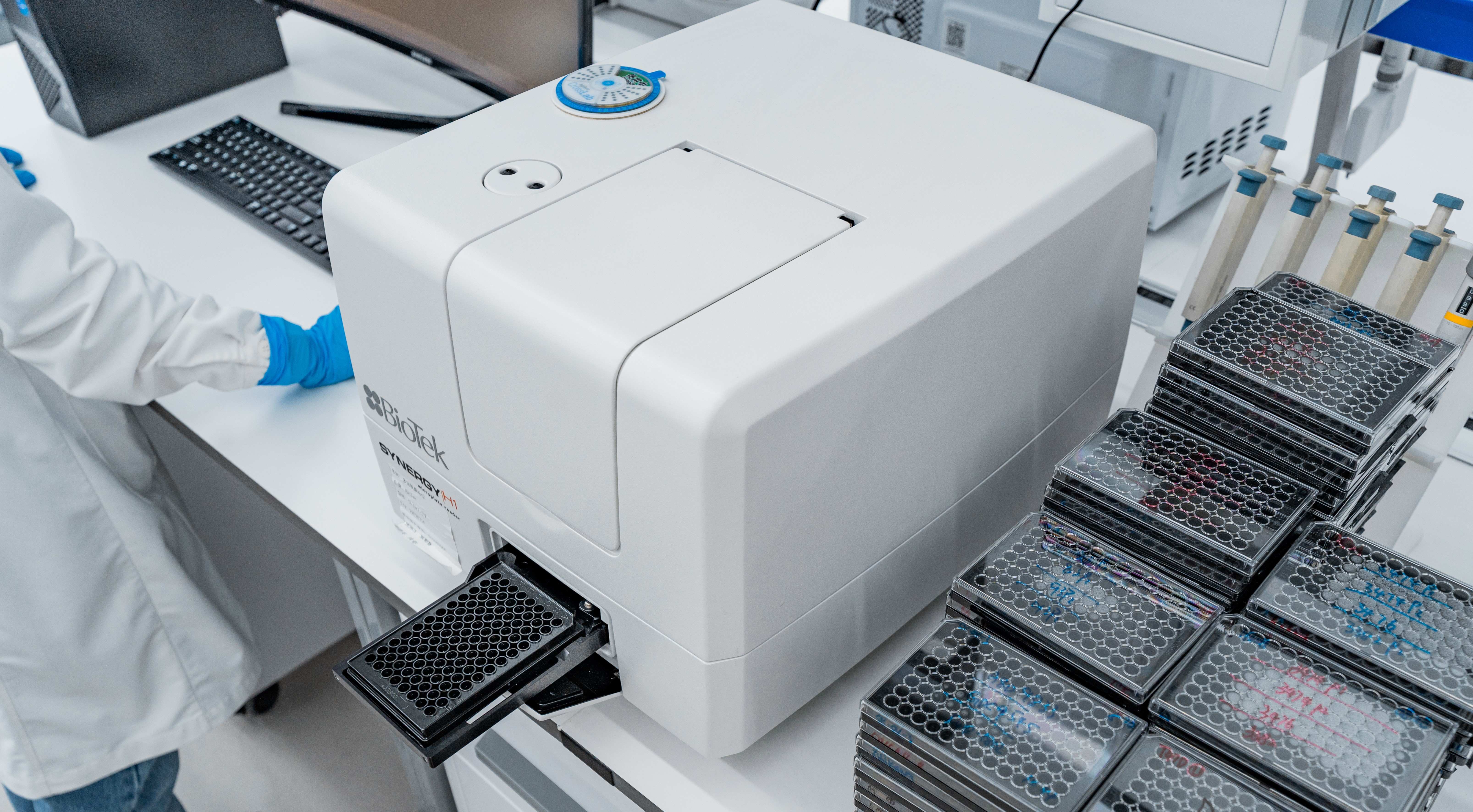Pipeline
Building a Broad Pipeline of Potentially Best-in-Class Tumor-Agnostic Therapies
Expertise
Experienced Leadership with a Strong Success Record
Our team brings together deep scientific knowledge, technical innovation, and seasoned drug development experience. By combining structural analysis, biophysical methods, and data-informed optimization, we lay a robust foundation for discovery. Iterative experimental validation and expert intuition further translate initial concepts into optimized drug candidates.
Learn More
About Forward
Proven Leadership with Successful Track Record
Forward Pharma is a clinical-stage biotechnology company driven by research and discovery. Our core discovery facilities and teams are based in Shenzhen, with clinical operations headquartered in Shanghai. We focus exclusively on oncology, with the goal of developing next-generation...
-
0
Products in Pipeline, Including fist in class and best in class Innovative Drugs
-
0
Projects Advanced to Clinical Stage












